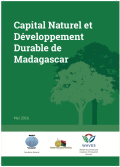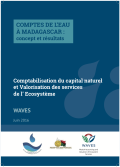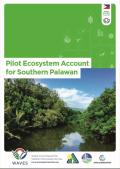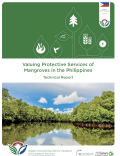
This case study brings together the achievements, challenges, and lessons from the first five Wealth Accounting and the Evaluation of Ecosystems Services (WAVES) countries—Botswana, Colombia, Costa Rica, Madagascar, and the Philippines. The WAVES Partnership Program promotes the global implementation of natural capital accounting (NCA), which has included work to institutionalize NCA in a group of countries through a program of extensive, long-term technical support.
Despite variation among the first five countries in terms of size, level of development, and statistical capacity, the achievements, challenges, and lessons from all of them provide an opportunity to promote and improve NCA around the world. Key recommendations presented in this paper include, for instance:
- Improve the integration and timeliness of NCA production with policy and decision making. There are a range of opportunities for applying the accounts to policy and decision-making, including, for instance, informing the development of indicators for monitoring the Sustainable Development Goals (SDGs) and understanding economy-wide impacts of policies such as variable water pricing across different industries. However, while there has been widespread conceptual acceptance of NCA and it has been included to some degree in the development plans of all countries, its application to policy issues remains limited. Going forward, a model is needed to enable account production and policy engagement to proceed in parallel. This should include an ongoing engagement process with the analytical and policy communities, as well as a long-term workplan covering three to five years that better identifies in advance who is making decisions, when are they making decisions, and where decision makers are obtaining advice.
- Disaggregate accounts for industries and sectors. To be more relevant to policy and to make it easier for producing NCAs, information needs to be disaggregated. For example, the separation of the agricultural, forestry, and fishing industries that are usually presented together as one bundle in the national accounts.
- Strengthen national capacities on NCA. At present, the number of people with high-level skills available is limited. A switch in focus from short-term training to professional development and integration with the higher education institutions could address this. In addition, capacity development needs to extend beyond the theoretical knowledge of the accounts and further into the practical process of account production.




